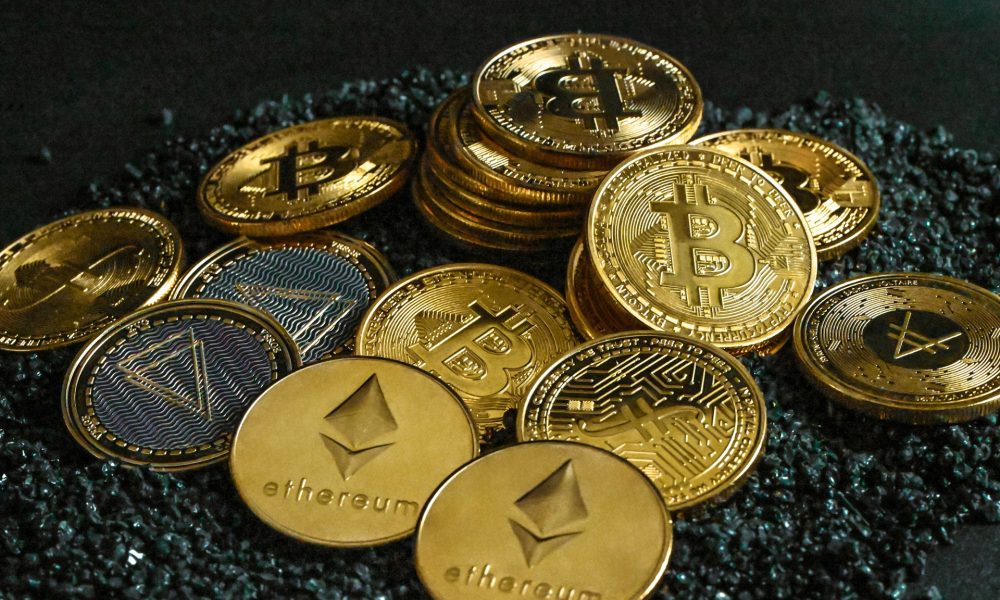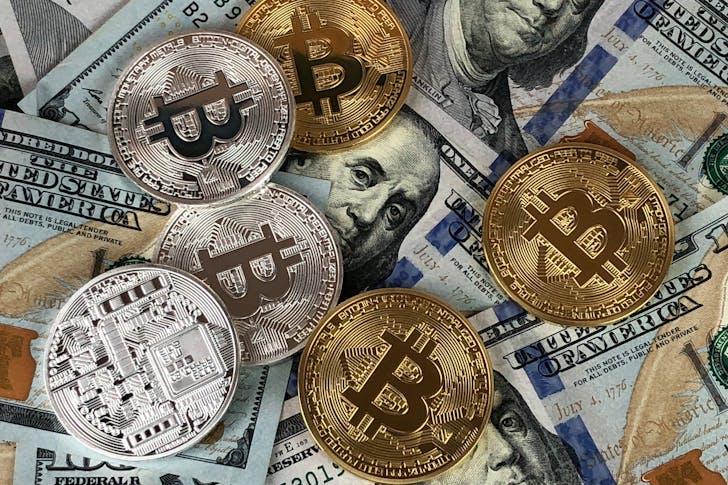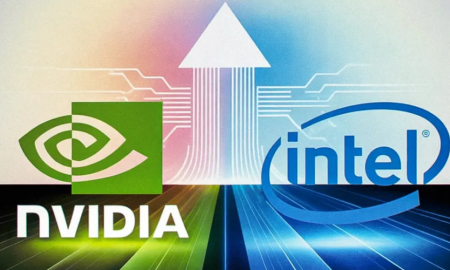
Are Bitcoin & Ethereum the Right Inflation Hedge You Can Count On?

An inflation hedge is something that keeps or gains value when the cost of living goes up. People used to say gold was the answer. Now, crypto fans claim Bitcoin or Ethereum can do the same. But can they really?
Let’s talk about what makes each of these coins tick, and which one, if any, is built to protect your money when prices soar.
Why Bitcoin Looks Like an Inflation Hedge
Bitcoin has one thing going for it: scarcity. There will only ever be 21 million bitcoins, and that is locked in. No one can print more, not even the creators. In a world where governments keep printing money and inflation rises, Bitcoin feels like digital gold. People like that.
This fixed supply gives Bitcoin a strong case as an inflation hedge. If demand grows but the supply stays the same, the price should go up. That is simple supply and demand. It makes Bitcoin a bet on holding value in the long run.

Spectrum / Pexels / Unlike Bitcoin, Ethereum doesn’t have a cap. The number of coins can grow or shrink based on how the network is used.
That flexibility helps the system run smoothly, but it also means there is no hard limit on supply. And that is a red flag if you are looking for a pure inflation hedge.
Still, Ethereum has changed a lot. After a big update called “The Merge,” Ethereum started burning coins. That means some coins get taken out of circulation. It could help control inflation over time. But it is not guaranteed. And that uncertainty makes it riskier if your main goal is to protect against inflation.
Bitcoin Wins on Simplicity and Trust
One reason Bitcoin is seen as a better inflation hedge is that it is simple. It doesn’t try to do too much. It is just a store of value. No apps, no games, no smart contracts. Just peer-to-peer money with a fixed cap.
That makes it easier for people to understand and trust. In times of crisis, trust matters. People want something solid. Bitcoin feels more like digital gold because it doesn’t try to be anything else.
On the other hand, Ethereum is like a giant app store. It powers NFTs, games, and all kinds of apps called decentralized finance (DeFi). That gives it real-world use, which can help its value grow. However, it also ties Ethereum’s value to the health of the app economy.
If people stop using those apps, the demand for Ethereum drops. And that is a problem during inflation, when people pull back on spending. So, even though Ethereum is powerful, that power adds risk. For an inflation hedge, simplicity might be safer.

David / Pexels / Ethereum doesn’t have that gold-like vibe. It is more like a platform. That is not bad. But it is not the same as being a hedge.
Bitcoin Is Easier to Compare to Gold
Gold has been used as an inflation hedge for hundreds of years. Bitcoin shares some of the same traits: It is scarce, hard to make, and lives outside government control. That makes it easy to compare the two.
When people are scared of inflation, they want something stable and limited. That is Bitcoin, not Ethereum.
Above all, neither Bitcoin nor Ethereum is perfect. Both go up and down a lot. Way more than gold. So even if Bitcoin is better than Ethereum as an inflation hedge, that doesn’t mean it is safe.
When inflation hits, people want safety. Not just potential. They want to protect what they have. If Bitcoin drops 20% in a week, it doesn’t matter that it is limited in supply. Your money is still gone. So keep that in mind.
More in Investments
-
`
Will Bitcoin Crash to $0 or Hit $500K in a Decade?
Bitcoin’s future divides analysts into two extreme camps. Some see it becoming one of the most valuable financial assets in history....
October 12, 2025 -
`
Can Anyone Really Blame Mariah Carey for ‘Leaving’ the Real World?
Mariah Carey isn’t like the rest of us. From the moment she opens her mouth and that voice pours out, she...
October 10, 2025 -
`
Intel Invests in Nvidia, but Ratings Remain Unchanged
Intel’s stock jumped more than 30% after news broke that Nvidia poured $5 billion into the company. The rally sparked renewed...
October 5, 2025 -
`
Homeownership vs. Real Estate Investment: What’s Better?
Homeownership has long been seen as the American dream. But today, more people are asking: Is it really the smartest way...
October 3, 2025 -
`
Why the Armani Fashion Empire Is Set for an IPO
Giorgio Armani, one of the most iconic names in global fashion, left behind a detailed plan for the future of his...
September 27, 2025 -
`
Why Do Pokémon Cards Outperform the S&P 500 As an Investment?
Pokémon cards have outperformed the stock market by a mile. Since 2004, they have delivered a staggering 3,821% return, according to...
September 27, 2025 -
`
America’s Billionaires Get Older—Millennials Wait for Wealth Transfer
Many of today’s billionaires don’t match the youthful tech-founder image often portrayed. While names like Elon Musk, Sam Altman, and Mark...
September 21, 2025 -
`
Can President Trump Legally Fire Fed Governor Lisa Cook?
Lisa Cook is right in the middle of one of the most explosive legal battles in Washington. President Trump wants her...
September 20, 2025 -
`
Jeff Bezos’ Advice for Millennials Who Want Financial Success
Millennials today have grown up in a world where instant access to products and services is the norm. From two-day deliveries...
September 13, 2025















You must be logged in to post a comment Login